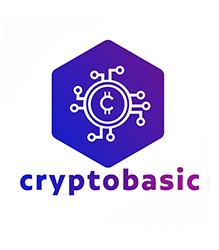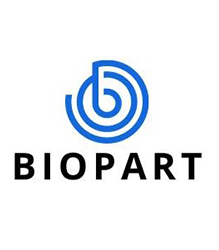
Kopalnie Krypto Team - Monday 9 January 2023
Cooperation of Chia Network with Circular Drives Initiative
What connects Chia Network with data storage manufacturers? Much more than one might think. It starts with the fact that the process of farming XCH is based on the Proof of Space and Time (PoST) mechanism. This means that the miners used for farming the aforementioned cryptocurrency are equipped with hard drives. Consequently, it can be acknowledged that the operation of the entire Chia blockchain depends on disk space.
Unwavering data storage availability is in the best interest of Chia Network. Without it, the whole project would not make sense. Using other technologies would contradict the idea of Chia, which is supposed to be an eco-friendly and energy-efficient cryptocurrency.
So, how can we ensure the availability of hard drives? By reusing media that has officially reached the end of its life cycle. This is an ecological approach that can significantly reduce the amount of electronic waste. It fits perfectly into the ideology of the Chia project. Therefore, its creators have partnered with major data storage manufacturers such as Seagate, Western Digital, and Micron. Thus, the Circular Drives Initiative was born.
What is the Circular Drives Initiative?
The Circular Drives Initiative (CDI) is the result of collaboration between global leaders in the digital data storage, data centers, and blockchain technology industries. The project aims to reduce the amount of generated electronic waste, greenhouse gas emissions, and other factors. To achieve this, the Circular Drives Initiative intends to promote and facilitate the safe reuse of data storage media. CDI will continuously welcome new members to build an extensive ecosystem. CDI partners will be responsible, among other things, for the decommissioning and verification of media, permanent data erasure, as well as sales channels.
What does the Circular Drives Initiative do?
CDI strengthens the market of digital information storage by developing and promoting standards and best practices for circular economy-based business models. The most common practice currently involves physically destroying media to prevent unauthorized access to data. However, there are sound security and data erasure principles that allow devices to be transferred to new owners without the risk of unauthorized access to sensitive information. This enables the reuse of data storage media, especially hard disk drives (HDDs) and solid-state drives (SSDs), and contributes to reducing discarded devices and thus, electronic waste.
CDI also supports enterprises in reducing liability risks by helping them make informed decisions regarding data storage policies. The Circular Drives Initiative aims to enable organizations to reuse data storage media without compromising the security of the data they contain.
The project aims for continuous improvement and quantification of results.
The genesis of the Circular Drives Initiative
The idea of CDI was conceived in November 2021. Its founders started holding meetings in February 2022, and the organization was officially established in the summer of the same year. In early autumn 2022, the first board meeting took place, initiating the process of registering new members.
CDI was convened under the leadership of William McDonough, CEO of McDonough Innovation. He is also a renowned designer of the Cradle to Cradle concept and a circular economy.
What is a circular economy?
The circular economy assumes that certain products are designed with the intention of their reuse. After the product reaches the end of its use, it enters the next phase. Depending on its condition, it can be reused.
Products that have permanently lost their functionality, and their repair is not possible or cost-effective, can be processed into raw materials and then reused in the production process.
Where can you obtain CDI approved drives?
CDI approved drives have not yet appeared on the market. In the future, a list of vendors selling used drives will be published. These drives will have been used once or twice. There is a possibility that the list will also include vendors who are partners of CDI members.





















